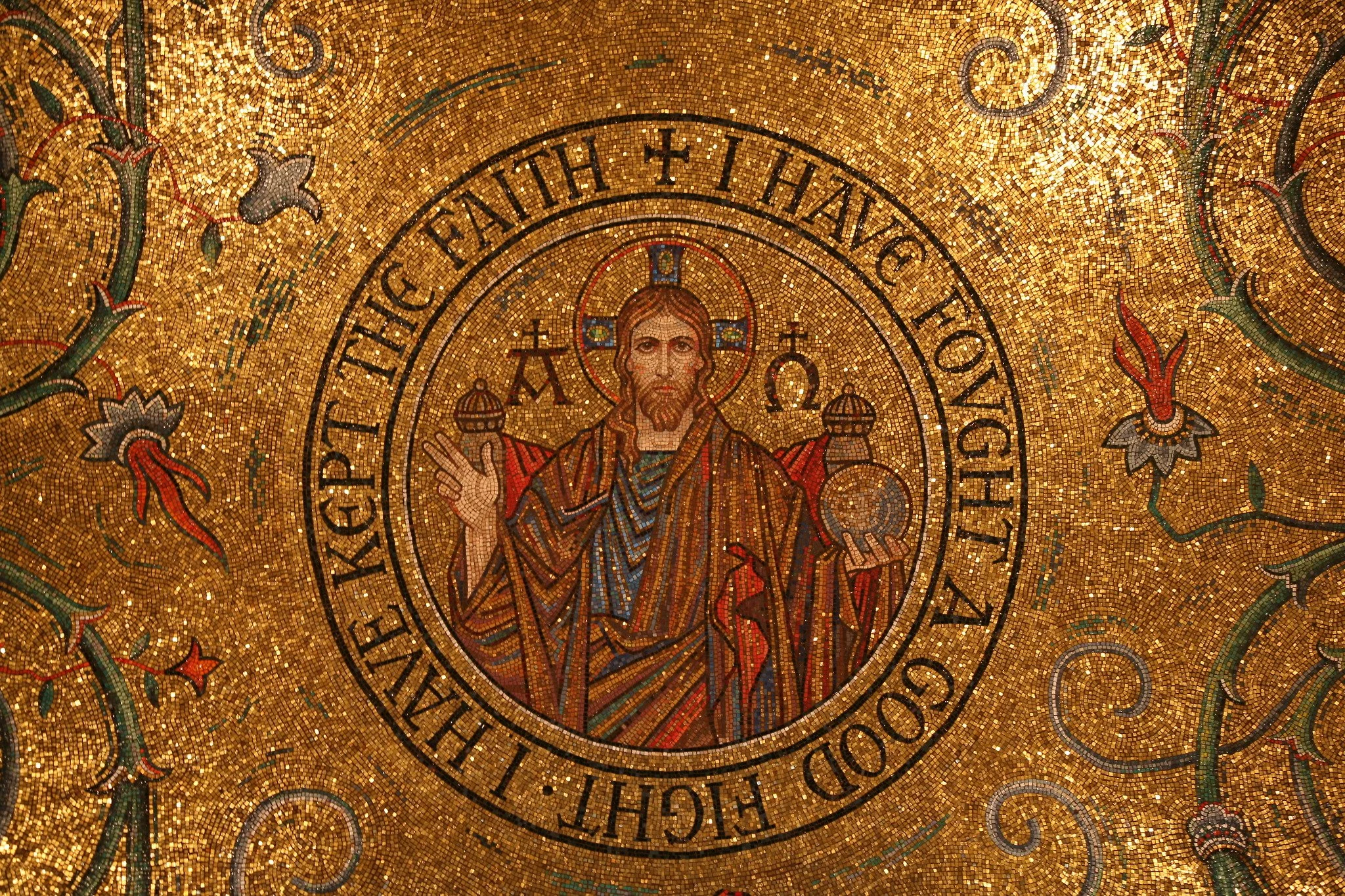A Simple Yet Powerful Act of Surrender to God’s Will
In these perilous times, when the light of the true Catholic Faith has been eclipsed by a counterfeit church born from the false Second Vatican Council, it is crucial for faithful Catholics to anchor themselves in the unchanging doctrine and spiritual life of the pre-Vatican II Church. The Morning Offering, especially in the form of Domine, Fiat Voluntas Tua—"Lord, Thy Will Be Done"—is not just a pious beginning to the day, but a declaration of fidelity to God amidst widespread apostasy.
This simple but profound prayer unites our daily actions to the Sacred Heart of Jesus and aligns our will with God’s divine plan. It fosters a Catholic spirit of humility, submission, and sacrifice, which stands in stark contrast to the spirit of disobedience, novelty, and man-centered worship introduced by the post-Conciliar church. By returning to such devotions, we reconnect with the faith of the saints, martyrs, and missionaries—those who followed the Roman Rite, believed every article of the unchanged Deposit of Faith, and submitted to true Roman Pontiffs. This prayer is a spiritual lifeline, especially for those who reject the modernist deception and desire to remain within the remnant of the true Catholic Church.
1. Dómine, Fiat Volúntas Tua
Latin:
Dómine, fiat volúntas tua!
Sicut in cælo et in terra.
Amen.
English Translation:
Lord, Thy will be done!
As it is in heaven, so also on earth.
Amen.
📌 Key Notes:
This prayer echoes Christ’s words in Gethsemane (Luke 22:42): Fiat voluntas tua (Thy will be done).
It is an act of trust and surrender, asking for God’s will to be fulfilled in our lives and the world.
It reflects the Our Father (Pater Noster), reinforcing the desire for God’s reign on earth.
2. Pronunciation Guide
To pray correctly, it’s important to speak Latin with confidence and clarity. Below is a step-by-step breakdown of each word:
Dómine, Fiat Volúntas Tua - Pronunciation Guide
| Latin Phrase | Phonetic Pronunciation | Meaning |
|---|---|---|
| Dómine | DOH-mee-neh | Lord |
| Fiat | FEE-aht | Let it be done |
| Volúntas | voh-LOON-tahs | Will |
| Tua | TOO-ah | Thy |
| Sicut | SEE-koot | As |
| In cælo | Een CHAY-loh | In heaven |
| Et in terra | Et een TEHR-rah | And on earth |
| Amen | AH-men | Amen |
📌 Key Pronunciation Notes:
✔ Fiat (FEE-aht) – The "i" is long, pronounced "ee".
✔ Volúntas (voh-LOON-tahs) – The stress is on "LOON", with a long "u" sound.
✔ Cælo (CHAY-loh) – "Cæ" is pronounced as "chay", not "seh".
✔ Terra (TEHR-rah) – The double "r" is rolled slightly, as in Italian.
✅ Practice Tip: Slowly say each word aloud several times, ensuring correct pronunciation.
LATIN: Dómine, fiat volúntas tua! Sicut in cælo et in terra. Amen.
PHONETIC: DOH-mee-neh, FEE-aht voh-LOON-tahs TOO-ah! SEE-koot een CHAY-loh et een TEHR-rah. AH-men.
LATIN: Dómine, fiat volúntas tua! Sicut in cælo et in terra. Amen. PHONETIC: DOH-mee-neh, FEE-aht voh-LOON-tahs TOO-ah! SEE-koot een CHAY-loh et een TEHR-rah. AH-men.
3. When to Use the Dómine, Fiat Volúntas Tua
✔ Every morning as a daily offering to surrender to God’s will.
✔ During difficult moments, entrusting worries to Divine Providence.
✔ Before making important decisions, seeking God’s guidance.
✔ At night as an examination of conscience, reflecting on how well you lived God’s will that day.
✔ As a brief aspiration throughout the day, especially when tempted to worry, complain, or control situations.
📌 Traditional Catholic Practice:
Many saints, including St. Francis de Sales and St. Alphonsus Liguori, prayed this as a short but powerful surrender to God’s providence.
This prayer is often whispered in moments of suffering, patience, or trust.
Mary’s "Fiat" at the Annunciation (Luke 1:38) is the perfect model for saying this prayer with love and devotion.
4. Lesson Summary
This powerful Morning Offering prayer reminds us to consecrate our every thought, word, and deed to God's holy will. In an age of apostasy, especially following the Vatican II revolution, we must renew our fidelity each day to the unchanging truths of the Catholic Faith, as taught before the Council. This prayer aligns our day with God’s eternal plan, not the errors of the modernist pseudo-church.
5. Final Thought – Why Does This Prayer Matter?
It matters because fidelity to God’s will is the very heart of sanctity—and it is through union with His holy will that we are saved. In this age of deception, where the majority have followed a new, man-made religion masquerading as Catholicism, we must be ever vigilant. The post-Vatican II church teaches a new gospel, promotes indifferentism, and undermines the very foundations of Catholic doctrine and worship. To remain within that structure is to risk the loss of Faith, and ultimately, the loss of souls.
Praying Domine, Fiat Voluntas Tua each morning is a daily act of resistance to the false church and a reaffirmation of our loyalty to the true Church of Christ, now suffering in eclipse. It reminds us that we live for God alone, not for the approval of men or the false promises of modernism. In making this prayer, we offer our day as a sacrifice, in union with the Sacred Heart, and we align ourselves with the Church of all time—the One, Holy, Catholic, and Apostolic Church that cannot err and that remains, even now, wherever the true Faith and valid sacraments are preserved.
“Dómine, fiat volúntas tua, sicut in cælo et in terra.”
-
Add a short summary or a list of helpful resources here.
